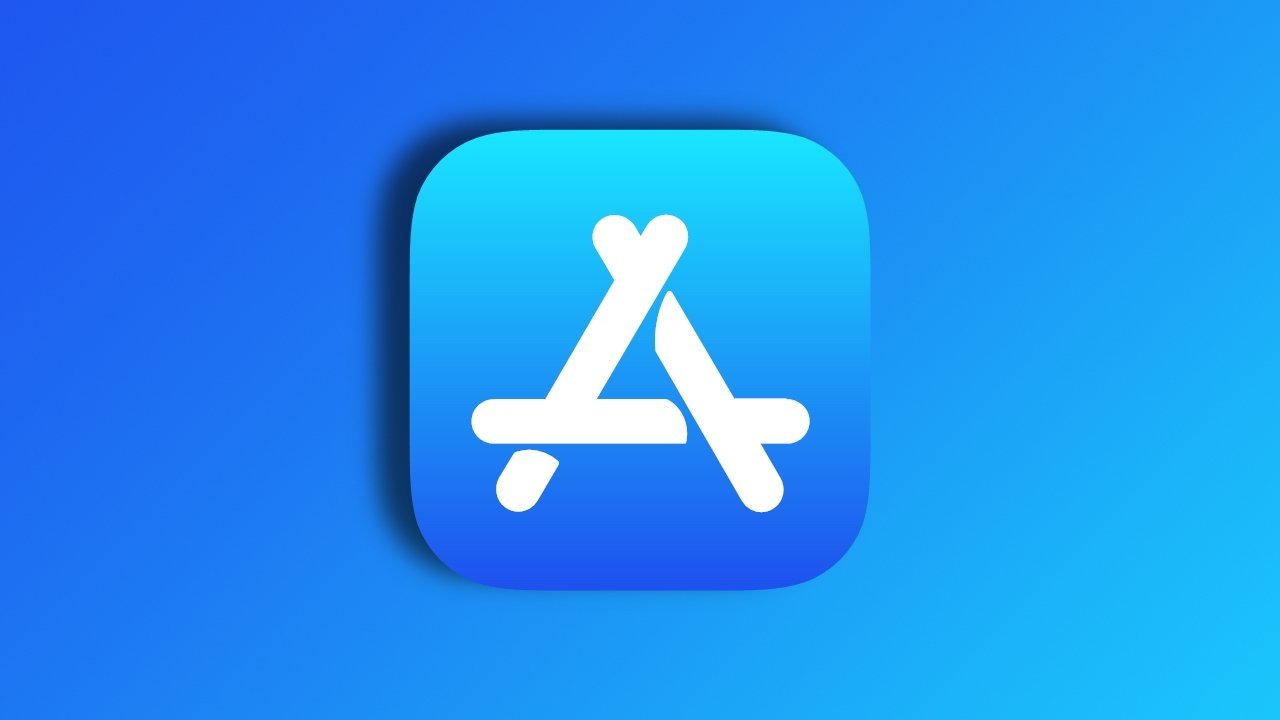Apple beats lawsuit over forcing developers to use its closed ecosystem
A California federal court has ruled against a proposed class action suit accusing Apple of blocking iOS developers from using competing technology.

Apple wins case against App Store restrictions
As of January 2024, Apple has stopped requiring all iOS browsers to use its WebKit technology in the EU. In that same month, three California residents sued Apple over its App Store practices, including requiring the use of WebKit.
According to Reuters, their filing challenged what they described as Apple's "closed ecosystem of apps and services."
The full text of the filing is chiefly an account of how expensive it would be to develop an alternative to either Apple or Google's app platforms. It then seeks to claim that Apple requiring iOS browser developers to use WebKit stifles competition, and also adds costs for consumers.
In that case, the logic appears to be that if a developer didn't have to use WebKit on iOS, they could develop once for both iPhone and Android. So there would be no further development cost for the iPhone, therefore consumers would pay less.
Alongside this, the suit claimed that Apple acted to block the use of Progressive Web Apps (PWA) to prevent them replacing native App Store apps. "Apple used contractual restraints on its iOS ecosystem," says the filing, "to exclude the
introduction of cross-platform PWAs on iPhones."
In February 2024, Apple did say that PWAs would no longer be allowed in the EU. It then reversed that decision in March 2024.
For this specific case, US District Judge Richard Seeborg in San Francisco does not have the required legal standing to pursue the case. That ruling was based in part on Apple's argument against the suit's claim of it artificially increasing prices.
"Apple's prices are not artificially inflated," Apple told the court in June, "they are competitive in light of the fierce competition Apple faces from its competitors."
Judge Seeborg said that Apple's argument for a dismissal of the case, "cast doubt on whether plaintiffs are the correct class of harmed individuals to bring this case."
The plaintiffs have been given 30 days to submit an amended lawsuit. Neither their lawyers nor Apple have commented.
This does appear to be a small case, but winning it also sets a precedent that Apple will doubtlessly refer to in other cases. The defeat of this particular filing may specifically help Apple because it was partly accusing the company of a duopoly with Google.
Apple's having won with its argument that it faces "fierce competition," could now well be used in its legal case with the Department of Justice. Central to the DOJ's case is the argument that Apple has become a monopoly.
Read on AppleInsider

Comments
I seriously doubt that a California judge does not have the required legal standing for the case. I presume it meant to say the litigants do not have the required legal standing.
Sorry to get nit-pikky William, I do enjoy reading your articles!
This is not correct. First off, Microsoft's app store treats PWA's no differently than native apps. Google's app store allow PWA's to be searched and downloaded as well, but its more complicated. iPhones can run PWA's no problem from the earliest models. Downloading a PWA to an iPhone is on par with loading a website, so it sure doesn't seem like technical challenge Apple couldn't solve. This is a flat out decision to blacklist a technology. Why? The reason Apple gives is woefully unspecific:
"The need to remove the capability was informed by the complex security and privacy concerns associated with web apps to support alternative browser engines that would require building a new integration architecture that does not currently exist in iOS."
Says a lot of nothing, doesn't it? What are these concerns and why is "a new integration architecture" needed? The real reason Apple doesn't like PWA's is because they auto-update independent of user actions/the Apple App Store. This means once you download it, it will always stay updated. This poses two problems (1) the developer could in theory revert from https to http and allow your data to be unencrypted, (2) the developer monetizes their apps after a user has downloaded it without Apple collecting the 30% revenue on subscriptions sold on the Apple App Store (if you pay for something like a Spotify subscription in the Spotify app, you pay 30% more than if you bought the same product on on spotify.com).
And listen, (1) occurs exclusively due to developer incompetence and is rare and easy to fix. What is important to know is (a) developers are in no way incentivized to do this as it gains them nothing and risks their business. And (b) the 'security' check Apple is doing is the same thing your browser does when it flags that you are on an insecure website. This could easily be flagged by the operating system and the cost is minimal, because its a very simple check that is already well established.
The real problem is (2), PWA's threaten how Apple makes a lot of money.
And listen, I think Apple has every right to charge whatever they wish for their extremely successful platform. I also think that if they want to block PWA's because the challenge their business model customers they probably have the legal right to do that. What Apple shouldn't be able to do is pretend that showing PWAs is a technical challenge and/or an inherent security risk (both laughable) simply because they don't want to acknowledge and thereby clue their customers into how they are extracting large amounts of money from them. This is, in the end, about inherently lying about the nature and quality of the service you provide when vetting apps on your platform and not being transparent about the costs you impose on developers - who obviously pass it on to Apple consumers.